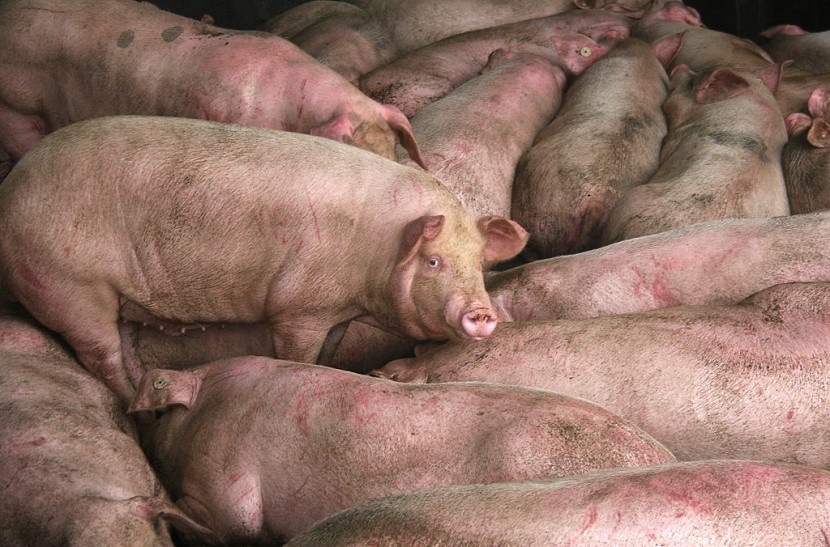
Another African swine fever outbreak hit the Chinese Xinjiang province on April 5. It is the third time that the fever has been detected from the last time in February.
It was confirmed by the Chinese agriculture ministry that the pigs were infected. Appropriate actions were taken to deal with swine-related outbreaks.
African Swine Fever Outbreak reported by authorities
The first reports of the outbreak were found on a farm with a total of 599 pigs that were under the Xinjiang Production and Construction Corps; it is a state-owned economic and paramilitary entity that has been accused of committing human rights abuses on minorities in China. The U.S. sanctions it over forced labor called a violation of human rights, reported the Epoch Times.
The Ministry of Agriculture and Rural Affairs said in a statement, about 33 pigs were infected, and six died. To prevent any more infections, what was left of the infected swine in the affected zone was culled by authorities. They are now preventing any shipments of pork products, either in or out of the areas affected.
In August 2018, the African swine fever was first detected in China and had been recurring since then. It was so severe that the deadly contagion led to the killing of countless hogs in the country. Culling untold numbers of swine resulted in destroying 40% of China's stock of pigs, soon to follow was a pork shortage and prices that skyrocketed.
Dr. Anthony Fauci Says New Virus in China Has Traits of 2009 Swine Flu and 1918 Pandemic Flu
This year, the swine flu virus has been plaguing China more than one time. One African swine fever outbreak was in southern Guangdong Province, southwestern provinces of Yunnan and Sichuan Province, and the central province of Hubei.
One of the effects of multiple outbreaks of swine fever in mainland China is the hogs' culling in northern provinces that totalled 20% of the swine population. This was the authorities' conclusion.
According to New Hope Liuhe, the fourth biggest producer of pork products, China had terrible news about sickness. In January, two new strains of swine flu were discovered, which infected up to 1,000 pigs in their farms. It raised questions of new strains that might come about from infected meat that will cause sickness.
One privately-owned biotechnology firm, named GM Biotech, is based in Hunan province that designs testing kits to see if there is an infection. Sources say that the new strains are not easy to detect during the initial infection, with a more prolonged incubation that might not be detected with just one test reported by Reuters.
It seems that Taiwan has no reports of the swine flu detected in mainland China, although such a dead pig that was infected with African swine fever came from the coast, which led to testing of hogs in the area it was found. The infected dead hog came from one of China's coasts during the weekend, with a positive match with China's African swine fever outbreak.
Late March, there were sporadic reports of many pig carcasses littering Inner Mongolia; no one knows what caused it. More investigation by Chinese authorities is needed to verify what virus killed the hogs.
Coronavirus Cases All Over the Globe Reaches Over 10 Million Cases








